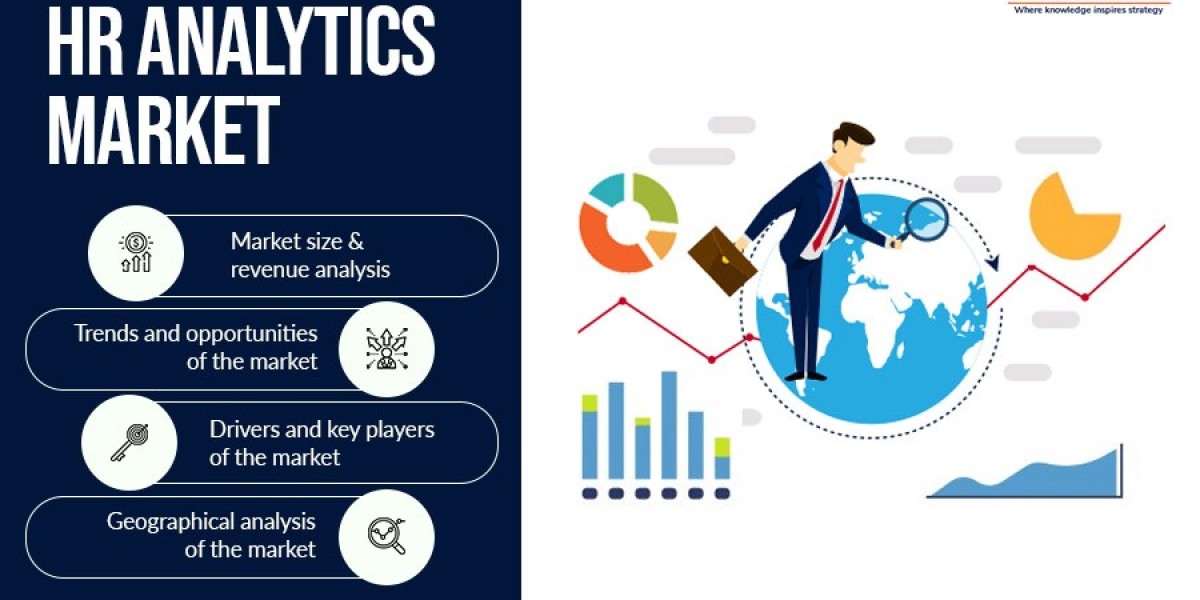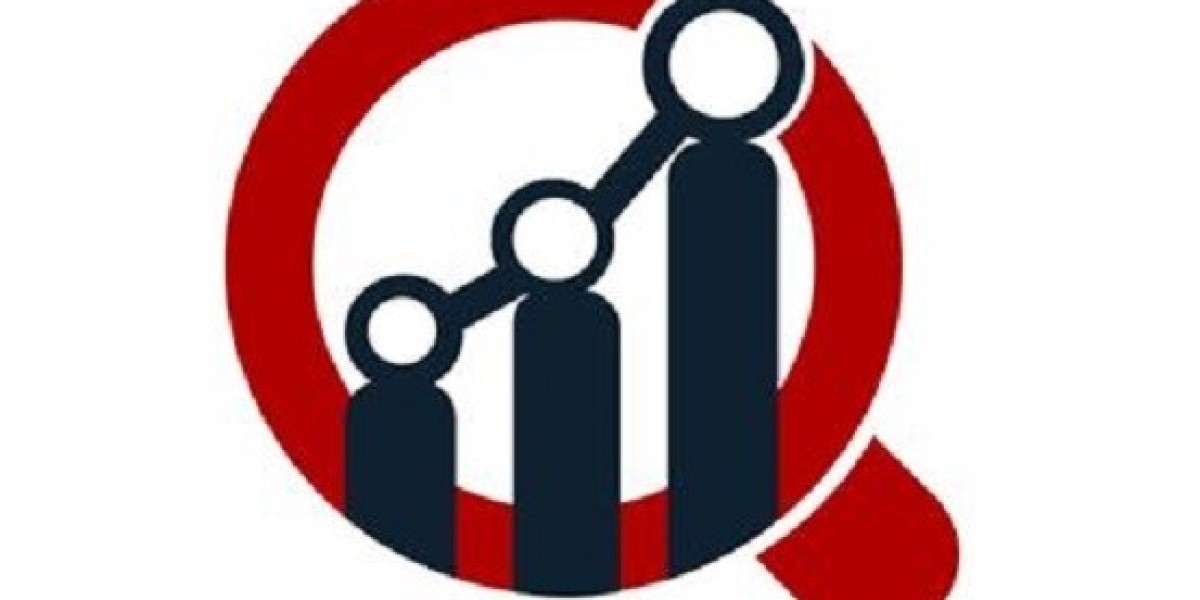Most companies, small or large, have a human resources (HR) department for assisting the higher management in maintaining a smooth work process, ensuring a healthy work environment, hiring employees and tracking their progress, helping with appraisals and promotions, and organizing social events, such as festive celebrations and parties. Needless to say that the HR department deals with a lot of data every day, which can become tedious to maintain, analyze, and interpret.
A variety of software is being offered by technology companies to help HRs with effective hiring, employee progress tracking, promotions and appraisals, and attrition rate reduction. The department receives employee data in a variety of formats, such as spreadsheets and that transmitted by automated employee performance tracking software.
Moreover, even before someone is hired, the HR has to deal with data on them, such as that received from interview forms and other documents. Highly advanced HR analytics solutions, especially those powered by artificial intelligence (AI), help the department ascertain if the employee will fit into the job profile and work culture and figure out the perfect responsibilities for new employees by taking into account their proficiency, hobbies, and even communication skills.
Similarly, in regard to the people already working with the company, such software allows HR personnel to track performance and attrition risk. Often, the will to work or how much an employee enjoys doing the job can be gauged by the quality of their work, which is why the usage of HR analytics solutions is rising, as they track the work quality and help ascertain whether a particular employee is a flight risk or in it for the long haul.
Along with all such functionalities, the availability of HR analytics software on the cloud has boosted its adoption. The cloud technology reduces the IT costs for companies significantly as it eliminates the need for having and maintaining on-premises servers, with the data stored on the server of a third-party data center. For the same reason, anything deployed on the cloud can be accessed from any internet-connected device at any time, which is highly beneficial for companies with a geographically wide presence and frequently traveling employees.
This is also why, while earlier, large enterprises were the more-significant users of these solutions, small and medium enterprises (SMEs) are set to take prominence in the coming years. For instance, almost 80% companies in the U.S. are SMEs, accounting for the major contribution to the country’s economy. However, these companies themselves are low on budget, which is why software vendors are luring them with cost-effective HR analytics solutions deployed on the cloud.
This is also why North America is the largest HR analytics market till now and the situation will not change in the coming years. Moreover, any new computer technology is mostly adopted first in North America, and then it penetrates Europe and the developing world. Further, the continent is home to some of the largest software companies in the world, which leads to the easy availability of HR analytics solutions. Additionally, the majority of the HR professionals in the region are skilled enough to use these advanced programs.
Hence, with companies focusing strongly on operational optimization, efficient hiring, and attrition reduction, they are adopting HR analytics solutions.



